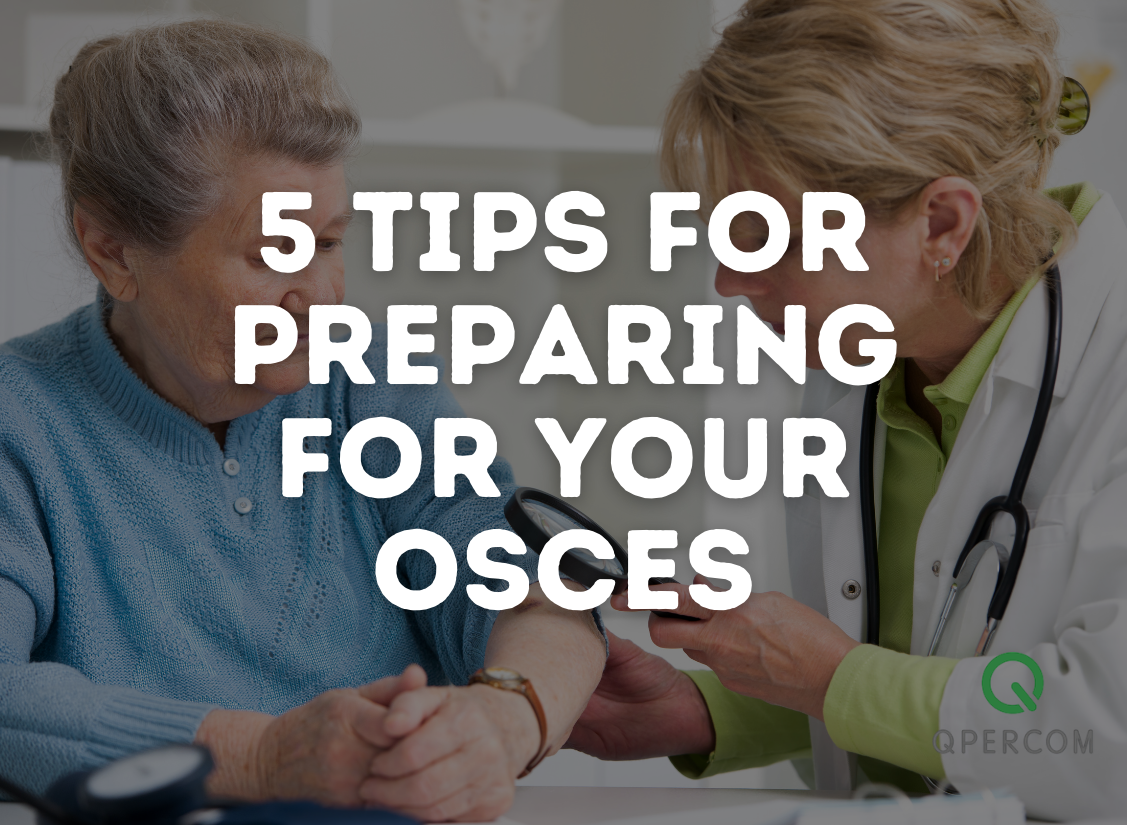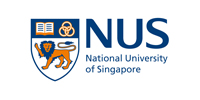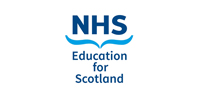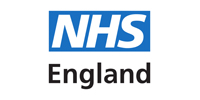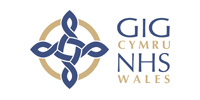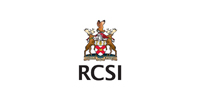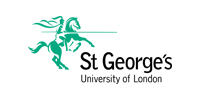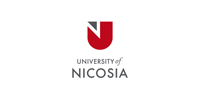A mere mention of the word ‘OSCE’ can send students into a frenzy of fear. The thought of having to engage in roleplay and perform a mock situation or having to take a history from real patients within stations while being assessed and examined is stomach churning for medical students. Many know that if they are to qualify as professionals, the scenarios that are encountered in an OSCE will become a daily occurrence in their roles but the prospect of having to be assessed on how well you can perform a scenario on the day is a scary one.
At Qpercom, we have supported thousands of OSCEs over the years, both in-person and remotely using video conferencing. We have seen how OSCEs are graded on our OSCE management and assessment platform Observe and we have even created videos which demonstrate peak performance in an OSCE.
It’s natural to be nervous in the time leading up to your OSCE but here’s some tips for students that will hopefully calm your butterflies as you prepare to be examined.
1. Learn from previous OSCEs – but don’t let them define your next one
Always remember:
- Try not to let your performance in previous OSCEs or practical exams have a bearing on how your next OSCE plays out.
- Don’t let your mind trick you into thinking you’re at risk of making mistakes you’ve made in the past.
- Put previous OSCE performances in the past and think of your next OSCE as a brand new invite to master the practical clinical exam format.
- If things didn’t go to plan in the past, your next OSCE is a clean slate and an opportunity to demonstrate your skills.
- If anything, it’s the perfect opportunity to put things right.
- If you forgot to do or say
something in a previous clinical exam, you now have another chance to impress the examiners. - Remember ‘three of a kind’ from last OSCE: 1. What went well (3 ONLY) and next 2. What could I have done better (3 ONLY!). The latter is called reflective-feedback.
If you’ve already participated in an OSCE in the past, you may have learned lessons or received feedback on where you could have improved. Feedback has been proven to be a huge tool for learning and it can help you to find specific pointers on areas that you can look to improve on when you engage in a similar scenario in the future when you are in the workplace. Take the opportunity to act on that feedback but don’t make the mistake of thinking your upcoming OSCE will be exactly the same as previous OSCEs. You’re likely to experience new stations, new scenarios and even new examiners. This shouldn’t put you off, your objective and goal is the same; put in a performance that meets each assessment criteria in the OSCE station. Your next OSCE could be the one where everything ‘clicks’ and you pass with flying colours, edging closer to becoming a professional in your chosen field.
Around 50% of people fail their first driving test. Most of them go on to drive superbly in their second test and receive their license because it’s an opportunity to improve on what went wrong in the first test. The second time around, their confidence is much higher as they have been through the process before so know what to expect. Remember this if you’ve been through an OSCE before and have not been happy with the outcome – there’s always a second chance to right your wrongs. If this is the first one, organise some friends/colleagues and organise your own ‘mock OSCE’ (2 or 3 stations only to get the ‘flow’.
2. Rehearse, rehearse, rehearse
An OSCE is essentially a performance. Like an actor in a play who strives for perfection by going over a scene time and time again until the words come out without thinking, an OSCE scenario can be played out at home with friend, family or other students playing the parts of patient actors. The clue is in the name of those “patients” who you’ll be asked to interact with in your OSCE; they are known as ‘actors’ and you are an actor too.
The most convincing and well-prepared students can expect to do well in their OSCEs and rehearsing different stations at home should be an integral part of your preparation.
You can even ask someone to be a mock examiner to really replicate the situation or you can particpate in a Mock OSCE online with patient actors and real examiners. This website allows students to participate in a Mock OSCE exam that is as realistic as possible with mock examiners scoring the OSCEs on a system that is used around the world by medical schools.
If you and your fellow students would be interested in participating in a Mock OSCE in the future with real examiners and patient actors, visit Mock-OSCE.com and book your place on an upcoming mock examination.

3. Believe you are a healthcare professional
Of course you’re not officially a doctor or a qualified medic until you pass your final exams and graduate but getting into the mindset of a doctor can help with your confidence when preparing for an OSCE. Embracing the well-known cliché fake it ‘til you make it can come in handy in an OSCE situation. And the thing is, you’re not even faking it that much as you’re in training to be the professional that you want to be, whether that’s a doctor, vet, dentist or nurse.
If you can show the examiners in an OSCE that you’re already a convincing professional that assesses scenarios objectively, you’ll go a long way towards passing your assessment.
Imagine you have already graduated and you are a registered professional on another day of work. It’s probably something you’ve visualised hundreds of times before on your education journey. Now you have the chance to do it for real in front of the people who will ultimately decide if you’re ready to progress.
Channel all of your energy on the day of your OSCE towards being the professional you are going to be in the future and go and show the examiners that you are made for the role you’ve worked so hard to achieve.
4. Use the reading time before each station
Before you enter each station in your OSCE, there is what is referred to as reading time. Reading time is a period of around 2-3 minutes where the upcoming scenario is explained to you, the candidate. It gives you time to prepare how you are going to approach the scenario, based on the information that you have been given about the patient who you are about to meet.
Use this time to take a deep breath. Let any thoughts about other stations leave your conscience. The upcoming station is the only thing that matters.

Focus on the station ahead, concentrate on the information given to you before the station, look for anything that stands out in the brief and mentally plan what you are going to do when the station begins. This is very important for situational awareness. Anticipating situational awareness allows you to understand what’s going on quickly and can help you make successful decisions.
Remember what is called the ABC of situational awareness :
- Awareness of the environment
- Belief in your gut feelings
- Changing what’s wrong.
A common piece of advice is to try and decide what your first words are going to be when the station begins and how you’re going to greet the patient actor. Some students use the reading time to repeat the patient’s name in their head, along with their age and the problem that they are presenting with. It’s a good idea to think about how you are going to structure your response and what key points will be needed to relay to the patient actor in this scenario, from what you have learned in your training. How you present yourself, your tone of voice and the words you use are important too and your patient actor will be trained to be responsive to this. That’s what your assessors will be looking for.
Reading time is a time to compose yourself, relax, prepare for the next scenario and focus on what you’re going to do next. It’s also an opportunity to put whatever happened in the previous station to one side as this is a fresh exam.
It may not seem like a lot of time to prepare but even in the space of two minutes, whatever you decide to focus on can have a very beneficial impact on your performance in the OSCE.
5. Watch OSCE videos on YouTube
Watching recorded examples of a great OSCE performance can really help you gain an insight into what you need to do to impress the examiners.
YouTube has a wealth of example and mock OSCE stations where you observe candidates going through the OSCE process.
Some, like this video, even show examiners actively marking the OSCE so you can get a feel for how the OSCE might play out with an examiner present.
Other videos, like this one which features students being assessed on their basic life support skills, demonstrate the marking process, and how examiners grade an OSCE exam.
There are many more videos of OSCEs available on YouTube. Try typing ‘OSCE exam’ or ‘Mock OSCE’ into the search field to find a range of different videos.
Watching Mock OSCEs can help you to mentally prepare yourself for your exam while also removing some of the fear of the unknown in regard to what happens during an OSCE. You can also learn techniques that other students have used in the past to help them perform to a high standard.
Verbalise the station procedures (out loud), step by step to help you memorise them. Be aware, if you can’t verbalise a specific part of the procedure, write it down, practise and verbalise again. Practice makes perfect!

Remember, OSCEs can be repeated and a single below par performance in an OSCE is not the end of the world. If you are worried or scared about an upcoming OSCE, consider our tips above.
Prepare well and often, forget about previous exams, take deep breaths, believe in your ability as a professional, rehearse your performance like you’re appearing in an upcoming play, use the reading time and watch OSCE videos. Make these tips your priority and you’ll be in a promising position to achieve a high mark.
Best of luck in your next OSCE – you can do it!

